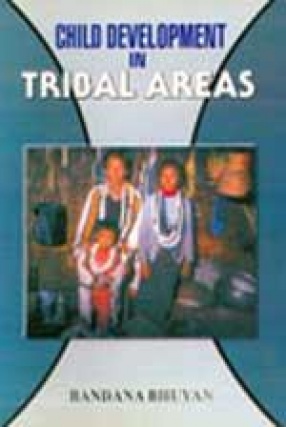In all cultures, young children are fed, protected, toilet trained and cared for if they become ill, In all cultures, ‘unacceptable’ and ‘unapproved’ behaviour of children are modified at least to some extent. But cultures differ widely in respect of their techniques of rearing children. The present book is divided in nine chapters. The first chapter gives a general overview of the subject. The second chapter gives an ethnographic profile of the studied tribes. In the third chapter an attempt is made to describe the setting or the background of the villages visited for the study as well as the families included in the sample. The fourth chapter deals with the data on care of mothers in terms of food, rest, health care in the prenatal, natal and postnatal stages. The fifth chapter is about care of the newborn. Various aspects of feeding practices for children such as duration of breastfeeding, introduction of semisolids, types of food supplement, pattern of feeding, preparation of food, food taboos for children as well as nutritional status of children are narrated in chapter six. The seventh chapter focuses on understanding the child rearing practices in respect of health care. This book will prove of utmost use for researchers, teachers and policy planners.
Child Development in Tribal Areas
In stock
Free & Quick Delivery Worldwide
Bibliographic information
Title
Child Development in Tribal Areas
Author
Edition
1st ed.
Publisher
ISBN
9788126104062
Length
viii+173p., Maps; 23cm.
Subjects





There are no reviews yet.